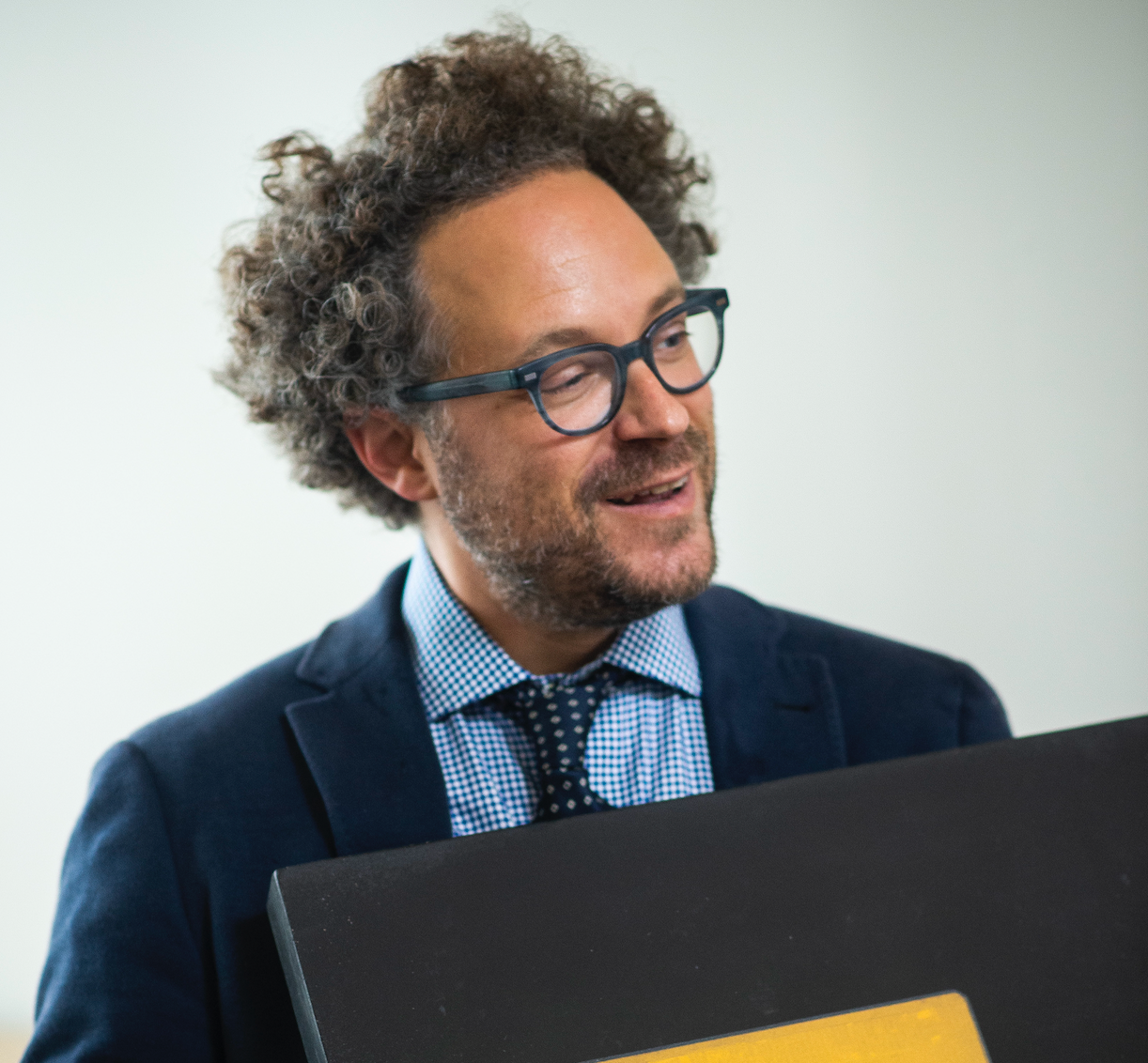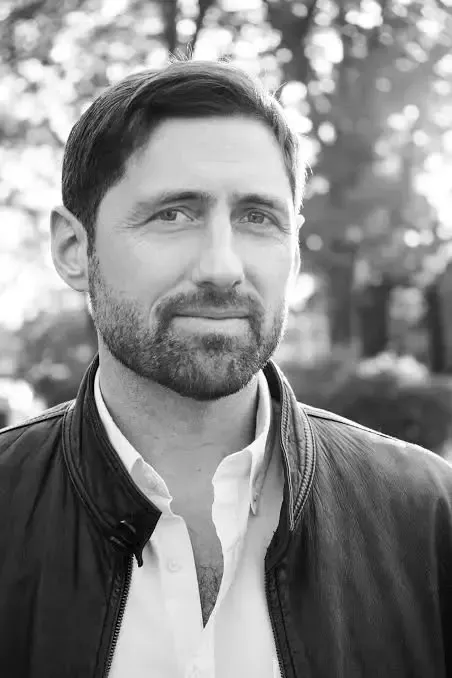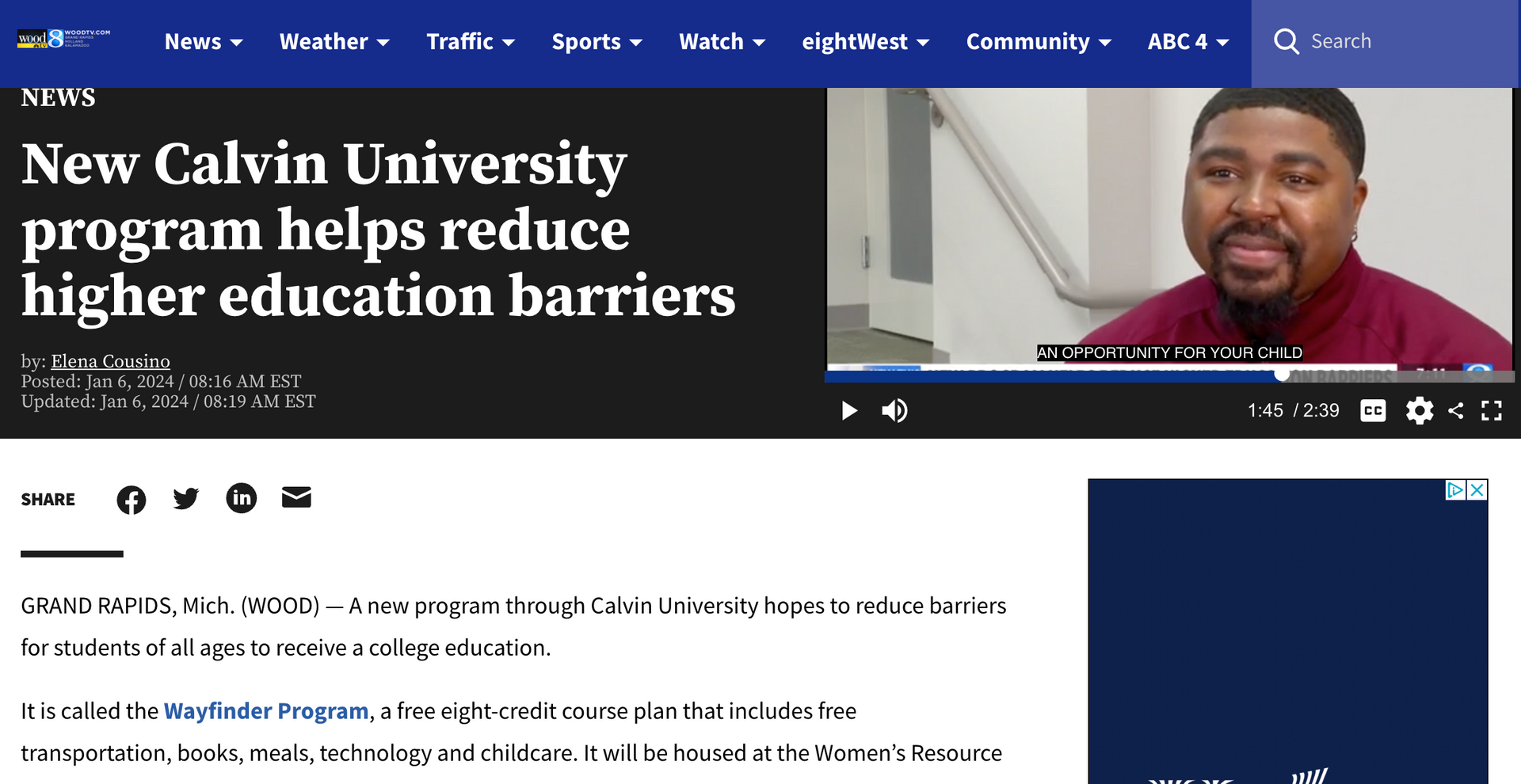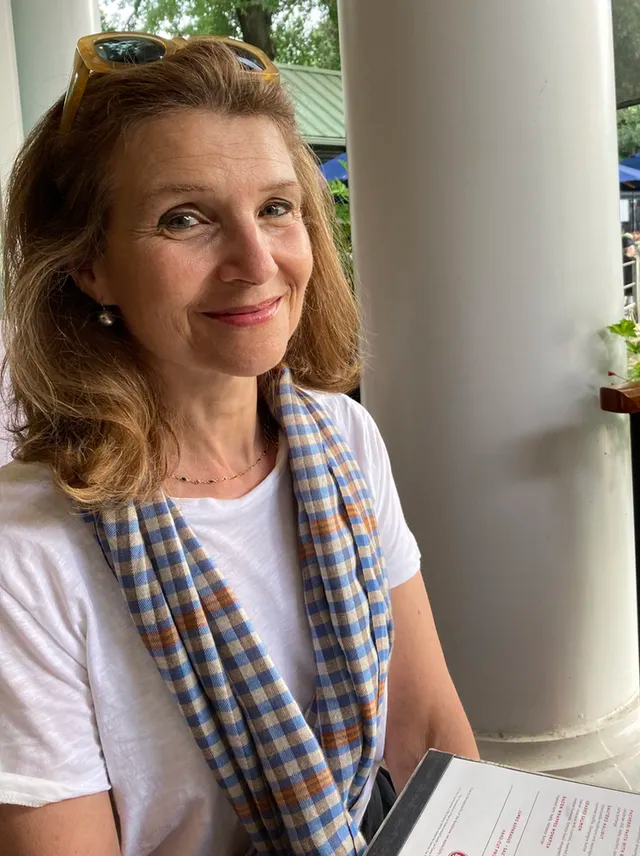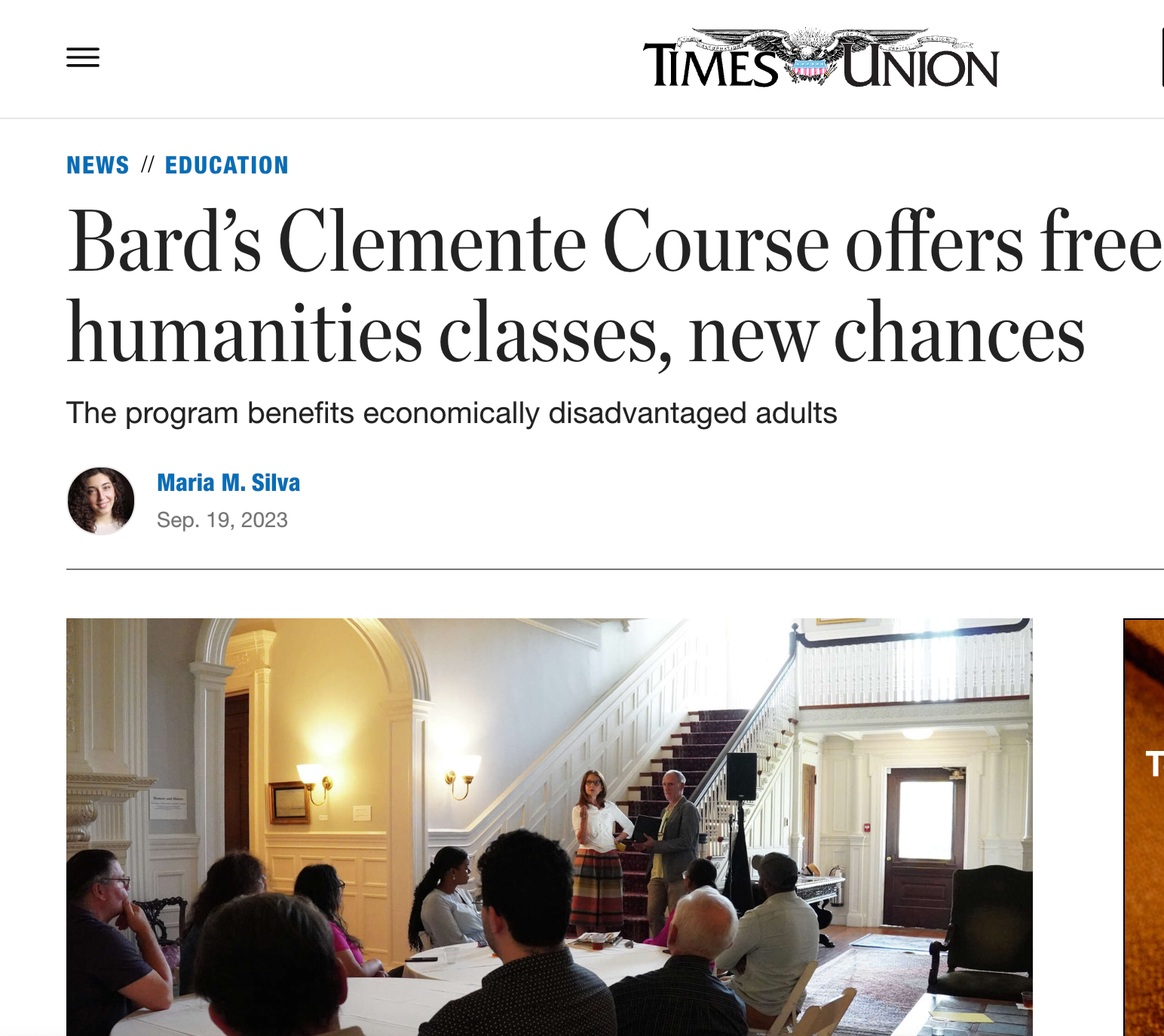Stirring Words from 2022 Dorchester Graduate Diana Scott
This year, we're inviting everyone to join us in celebrating Clemente graduates across the globe. Below, read the graduation address that Diana Scott shared with the 2022 class of Dorchester Clemente.
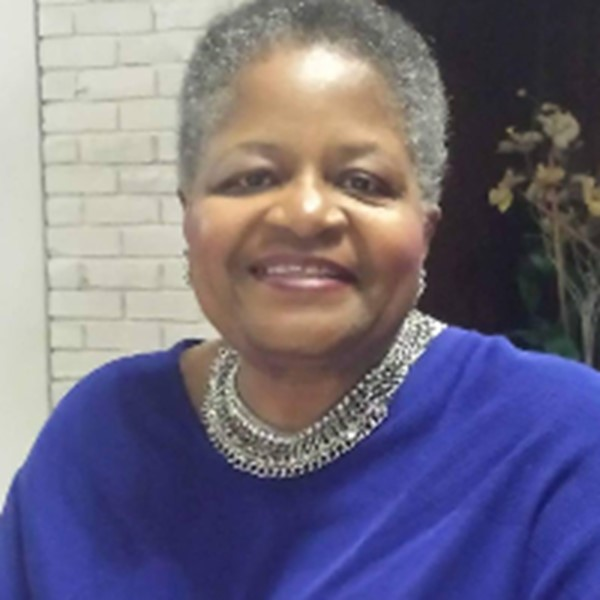
Let me first thank all those who played any part in bringing the Clemente Program to Boston specifically Dorchester, MA. It has been one of the most affirming and exhilarating experiences of my lifetime.
I want to appreciate the instructors and interns who passionately presented lessons in their areas of expertise and who labored in connecting with us, where you found us, to impart the wisdom and truths gained yourselves over so many years of intensive study. You accurately discerned our levels of comprehension and personally took it upon yourselves to slow down or accelerate so that we might not only walk away with new information but new insight as well.
I want to thank my peers for standing in there for the long haul and I am so appreciative of the bonds and connections that we have made. For jointly figuring things out in those break-out rooms and returning with credible offerings. I will never forget you.
Over fifty years ago I stood to encourage a group of bright and energetic graduates, of which I was one, as we eagerly stepped forward to discover and conquer new worlds. I remember quoting a few words from Sir Winston Leonard Spencer Churchill, “This is not the end. It is not the beginning of the end. It is RATHER the end of the beginning.” Most of us are beginning again but for others of us this is a magnificent CALIBRATION, a second-wind of sorts, even a RE-CALIBRATION. I love to bake. The one thing I abhor is an oven that does not perform as it should. Unacceptable! So you bring in the experts to clean and breakdown and reassemble and blowout. If that doesn’t work you get a new oven. Thankfully most times the adjustments work. Especially for things that are fearfully and wonderfully made.
What will we do with our new beginnings and calibrations? What will be our take-away?
Over the past ten months as we engaged in lessons of art, literature, poetry, writing, history and philosophy and with some soul-searching we have been able to relate with the expressions, dictates and demands of the artists, writers and statesmen. Their existences and predicaments, their victories and celebrations were not so unique to them and as a matter of fact we are still solving and resolving and evolving from some of the same issues of the past. Their humanity has become our humanity. Let us pray that their inhumanity does not become ours.
The great digs discover aspects of a cultures past. They uncover how they lived, how they slept, the kind of dishes they used, the kinds of instruments they played and the kinds of wars they fought – all features of their communities. A forensic archeologist can also tell the stories of how groups of people related to one another; how they loved one another but also how they despised and hated one another.
In these humanities courses we studied issues of slavery and segregation red-lining and separation; issues of gender in both races; creation of wealth and wealth gaps; poverty of immigrants and the utter desecration of race and wars.
Today architects, artists, designers create these same components to accommodate the style of living that people gravitate towards today. Tomorrow others will uncover the stories about our lives. After all the digging and excavating of the Twenty-first century components, will our stories be different? Will the artifacts of our lives tell a story of continual decline of humans toward one another or will a picture be painted of a people who moved closer together in community and camaraderie and hope?
My fellow graduates, while the past may have disappointed our elders and brought us to a place where, even with the passage of many laws to the contrary, we still view strange fruit all around us.
We must leave Clemente with a strong belief that our futures can be brighter. We must leave Clemente knowing that our eyes have not seen nor have our ears heard nor has it entered into our imaginations how powerful we really are. While we face the reality that not much has changed around us, much is changing and brewing inside us.
We cannot afford to remain indifferent. A former anti-Semitic Nazi supporter turned Lutheran priest came to weighty conclusion in his writing, ‘First they Came’. Martin Niemoller said,
“First they came for the socialists; but I did not speak out because I was not a socialist.
First they came for the trade unionists; but I did not speak out because I was not a trade unionists.
First they came for the Jews; but I did not speak out because I was not a Jew.
Then they came for me, BUT there was no one left to speak for me.”
Life will come for us, so we must live our lives with the courage of our convictions and observant of the golden rule where possible.
I call not Martin or Malcolm or Fannie or Maya into the room… but Marianne Williamson…
“Our deepest fear is not that we are inadequate. Our deepest fear is that we are powerful beyond measure. It is our light, not our darkness that most frightens us. We ask ourselves, 'Who am I to be brilliant, gorgeous, talented, fabulous?' Actually, who are you not to be? You are a child of God. Your playing small does not serve the world. There is nothing enlightened about shrinking so that other people won't feel insecure around you... We were born to make manifest the glory of God that is within us. It's not just in some of us; it's in everyone. And as we let our own light shine, we unconsciously give other people permission to do the same…”
Thank you Clemente, you have unleashed sleeping giants. We have asked and answered a question for ourselves. What will we do with our new beginnings and calibrations? What will be our take-away?
We must move away from this reflection pool because we cannot stay here - ‘downtown’. We must travel back ‘uptown’ where we can make the most impact; where we will play it forward. We must determine to die empty. Our content, our outlook, our mental and emotional intelligence and agility, our mental acumen can no longer be confined to the denigrating and humiliating form of assimilation. We no longer fit into the narrow boxes and confines allotted to us by a society that is indifferent to our needs – our personal needs, our family needs or our community’s needs. We go back A-B-L-E.
St-ABLE
Unstop-ABLE
Uncontain-ABLE
Reli-ABLE
Sustain-ABLE
Remark-ABLE; Remark-ABLE; Remark-ABLE; Remark-ABLE…
[The Graduates say]
“Thank You Clemente, we got this. We’ll take it from here!”
Diana Scott has resided in the Roxbury section of Boston for over fifty years and has seen the neighborhood go from urban blight to privileged thriving by way of gentrification. Inspired by the curated Clemente offerings, the staff and her peers, she leaves the course with a great sense of empowerment and motivation. Her hope is that she and others have emerged to thrive with the power and courage of their convictions so as to bring peace and stability to their homes, neighborhoods and abroad. Her personal mantra is, “If I can help someone, then and only then, my living will not be in vain.”
As an avid reader who loves to bake with a developing ‘book in her belly’, Diana is involved in Women’s ministry within her local congregation, Holy Tabernacle Church-Dorchester, where she seeks to holistically empower others in their spirit, mind and body.
